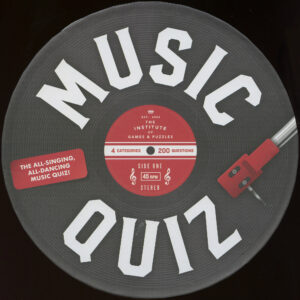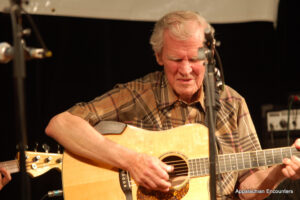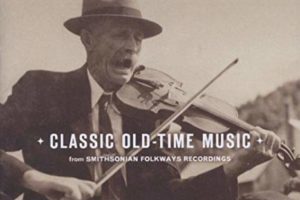Scott Joplin lived at the very outer edge of the communications age, and even saying that is pushing it. He came before film or audio recording, but his work — as he played it — was preserved on mechanical piano rolls. Indeed, his era may be the first in which actual renderings of how the music sounded when it was written — played by the composer or a contemporary — survive.
Here he plays “The Entertainer.” I’m anything but a music critic, but always felt that rags were more slow, melancholy blues than hot jazz. Indeed, my feeling was that the Marvin Hamlisch version of the song used in the movie The Sting was too fast. I even remember a quote from Joplin himself to the effect that rags should be played slowly. But Joplin certainly played it quickly — unless the piano roll itself is speeding things up.
Here is a good bio and an assessment of Joplin’s importance from The Piano Society:
Joplin aimed to reconcile the traditional syncopated dance styles (the ragtime above all) with classical forms, and considered himself to be working in the classical western tradition. His rags were a huge influence on composers of the time like Debussy and Milhaud, and crucial for the development of several Jazz styles. Though his fame rests on his many infectious rags, Joplin’s ambition was to write for the lyric theatre. After some unsuccessfull attempts he eventually finished his opera Treemonisha in 1910, but he did not succeed in finding a publisher so he published the score himself in 1911. Despite favourable reviews, a proper staging was not to happen during his lifetime, and the full merits of the opera were not recognized until the ragtime revival of the 1970, when it was lavishly staged and received a posthumous Pulitzer Prize.
The version of “Maple Leaf Rag” above is played by BachScholar. Here is Joplin’s own version. Other nice versions of Joplin music on YouTube include “Heliotrope Bouquet” (written with Louis Chauvin) played by Stephen Malinowski, “Bethena” and “Treemonisha,” which was Joplin’s opera.










